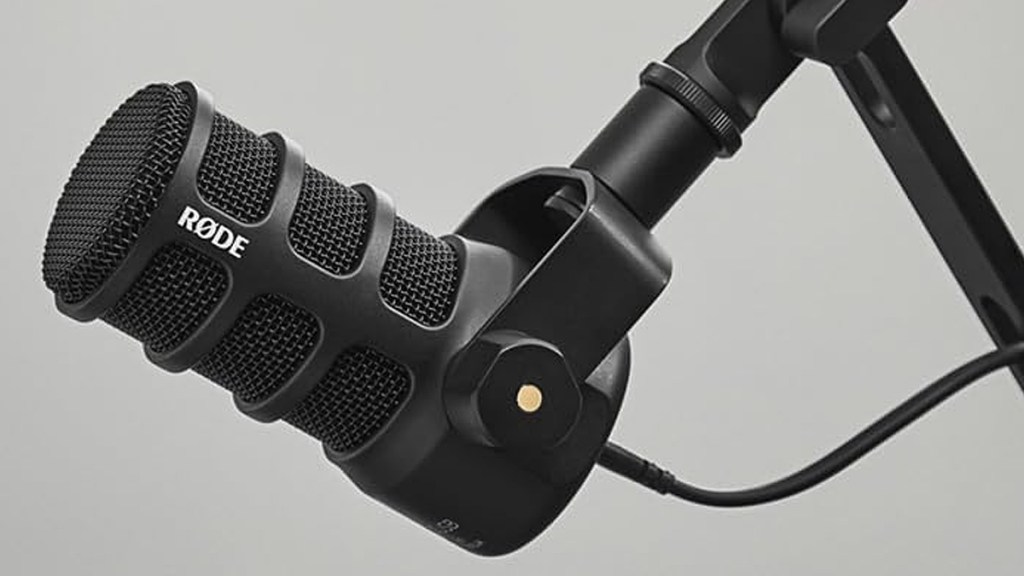The Rode PodMic USB aims to build upon what made the original PodMic so good, adding flexibility with USB functionality. After loving the original, I’ve been eager to give the USB variant a try, though I’m also wary of the significantly increased price tag. Here is my review.
Why not both?
-
Flexibility can be very convenient
-
Great build quality and timeless design
-
Impressive sound quality that responds well to processing
-
No onboard controls
-
Higher price is tough to justify











